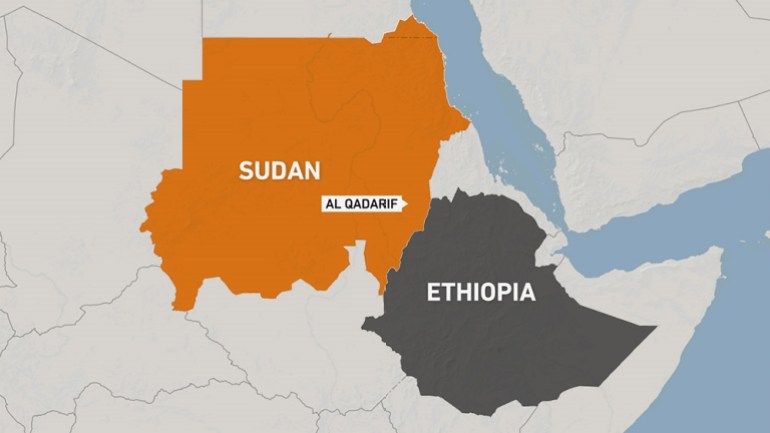Our girls back to school campaign is ongoing. Day 39
COVID-19 Leaves Millions of Girls at Risk of School Dropout in Africa. Women and girls are among the most vulnerable to education disruptions, and that will have negative effects for everyone.
Amid the pandemic, 11-year-old Lorena misses going to school, being with her friends of hers, having fun and learning from her teachers.
Hello, I am Lorena, I am 11 years old and study in the fifth grade. I'm going to talk about the impact that Covid-19 has had on my entire life.
Okay, Lorena, when did you stop studying?
I stopped studying on March 20, 2020.
Why did you stop studying?
I stopped studying due to the Covid-19 pandemic.
Some schools have already reopened. Did you go back to school?
No.
Why didn't you go back to school?
Well, we were informed that the schools only reopened for students studying in the 6th grade and above. Students studying in the fifth grade to grade 1 will receive topics to study at home.
During this time that you are not going to school, have you done anything to continue learning?
Yes, I have been solving some school assignments that I studied before the pandemic.
Have you been following the coronavirus prevention measures?
Yes.
Have you been following the coronavirus prevention measures?
Yep.
What are the coronavirus prevention measures that you follow?
To wash hands with soap and water, disinfect them with hand sanitizer and wear face mask.
Aren't you afraid of the coronavirus?
I'm afraid.
Have you ever seen your teachers and classmates again?
No.
Don't you have any means of communication or via internet?
I don't have.
Women and girls are particularly vulnerable to the negative impacts of education disruption caused by school closures. Girls deprived of education will suffer long-term consequences for their welfare and agency. That affects us all, as we know from available evidence that girls ’education can bring economic prosperity, more just societies and benefits for everyone.
Click here to watch free full webisodes: https://she-leads.blogspot.com/

We launched this campaign to ensure that every girl is able to learn while schools are closed and return to the classroom when schools safely reopen. Everyone can play a role in supporting girls education - whether you are a teacher, parent, student, journalist, policymaker, or simply a concerned citizen.
Don't miss this opportunity to bring girls back to school. Tell us your story!
Do you have a personal experience with the coronavirus would you like to share? Or a tip on how your town or community is handling the poverty among women?
FIND SOMEONE TO SPONSOR TODAY
Your sponsorship will help the most vulnerable girls and women to take the first step out of poverty.




 Ensaf Haidar, the wife of the jailed Saudi Arabian blogger Raif Badawi, shows a portrait of her husband as he is awarded the Sakharov Prize, in Strasbourg, France [File: Christian Lutz/AP Photo]
Ensaf Haidar, the wife of the jailed Saudi Arabian blogger Raif Badawi, shows a portrait of her husband as he is awarded the Sakharov Prize, in Strasbourg, France [File: Christian Lutz/AP Photo]
 Map of Sudan and Ethiopia
Map of Sudan and Ethiopia



